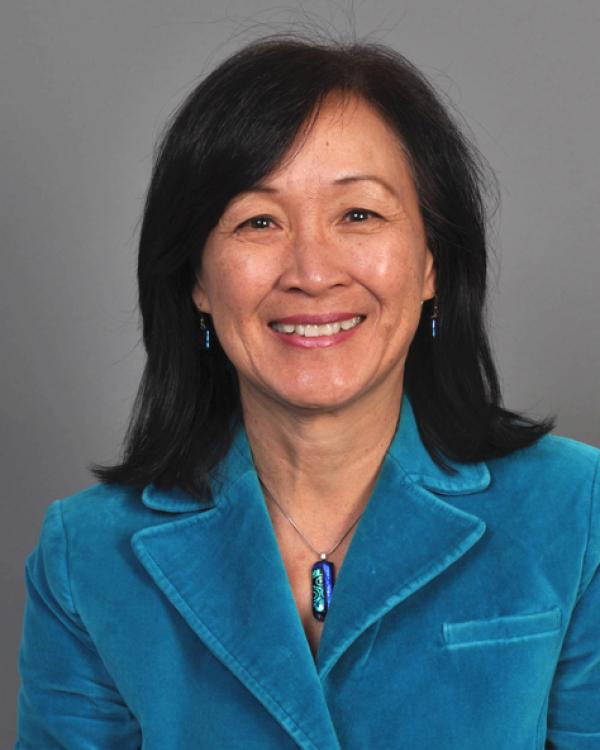
Professor Dorothy M. Chun of UC Santa Barbara’s Gevirtz School gave a keynote lecture on computer assisted language learning at the XVIIIth International CALL Research Conference at UC Berkeley, July 7-9, 2017. The international CALL Research Conferences focus on the role of technology in the language, learning, teaching and testing process. The 2017 conference focused on the role of the local context of the learner.
Professor Chun’s presentation, “Contextual Challenges of Telecollaboration 2.0,” was a journey navigating through some key contextual issues that should be considered when designing and researching a telecollaborative project in the 21st century. With the so-called “intercultural turn” in languaculture learning and the technologies that can support telecollaboration, we explore such issues as: determining a theoretical basis for the exchange (e.g., Byram’s Intercultural Communicative Competence, Kramsch’s Symbolic Competence, Garrison et al.’s Community of Inquiry); considering a suitable methodology for analysis (e.g., ethnographic, qualitative); accommodating different geographic, institutional, and course contexts; establishing the goals for the learners in each context, which may be different; negotiating roles and tasks of teachers and students on both sides of the exchange; and identifying appropriate technologies (e.g., asynchronous vs. synchronous CMC, text-based vs. video-based, social media) depending on the participants.
Dorothy M. Chun is a Professor in the Department of Education. She received her Ph.D. from UC Berkeley in historical Germanic linguistics but transitioned to the fields of second language acquisition and applied linguistics shortly thereafter. Her passion has been researching and exploring how second languages are learned and how technology can be leveraged to enhance the learning of language and culture. Her research areas include: L2 phonology and intonation, L2 reading and vocabulary acquisition, computer-assisted language learning (CALL) and telecollaboration for intercultural learning. She has conducted studies on cognitive process in learning with multimedia and has authored courseware for language and culture acquisition. Her recent research investigates how computer applications can help speakers of non-tonal languages learn tonal languages by visualizing the pitch curves they produce and comparing them with the pitch curves of native speakers. Other research projects involve using online communication tools to help second language learners interact with native speakers of the L2, thereby being exposed to authentic language use and having the opportunity to co-construct knowledge with their peers about another culture. Since 2000, she has been the Editor in Chief of the online journal Language Learning and Technology and in 2004 became the founding director of the Ph.D. Emphasis in Applied Linguistics at UCSB.